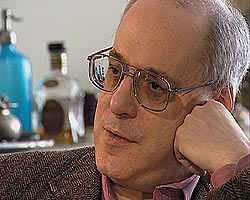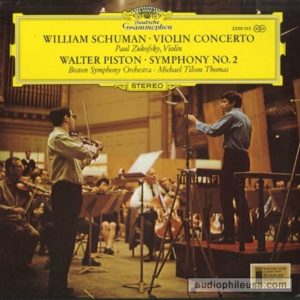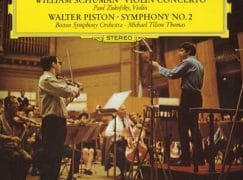Death of an important American violinist, 73
mainPaul Zukofsky, one of the most intelligent soloists on the US scene and perhaps the most challenging, died on June 6 in Hong Kong, aged 73. The cause was non-Hodgkin lymphoma.

A Galamian student at Juilliard, Paul Zukofsky made his Carnegie Hall debut in a Mozart concerto, aged nine. He went on to apply himself to new music, working closely with John Cage, Elliott Carter and the minimalists. He gave the world premiere of Philip Glass’s violin concerto and appeared in the role of Einstein in Einstein on the Beach.
He made at least 60 recordings, almost all of modern music. Among other composers in his portfolio were Milton Babbitt, George Crumb, Morton Feldman, Ralph Shapey, Charles Wuorinen and Iannis Xenakis. He also taught at Julliard and elsewhere, greatly encouraging many young violinists.
In the early 1990s, Paul was head of the Arnold Schoenberg Institute when the University of Southern California decided to throw it off the campus. Paul assisted in the process by which the Schoenberg Nachlass was transferred to Vienna. He was also the custodian of the works of his own father, the poet Louis Zukofsky.







Comments